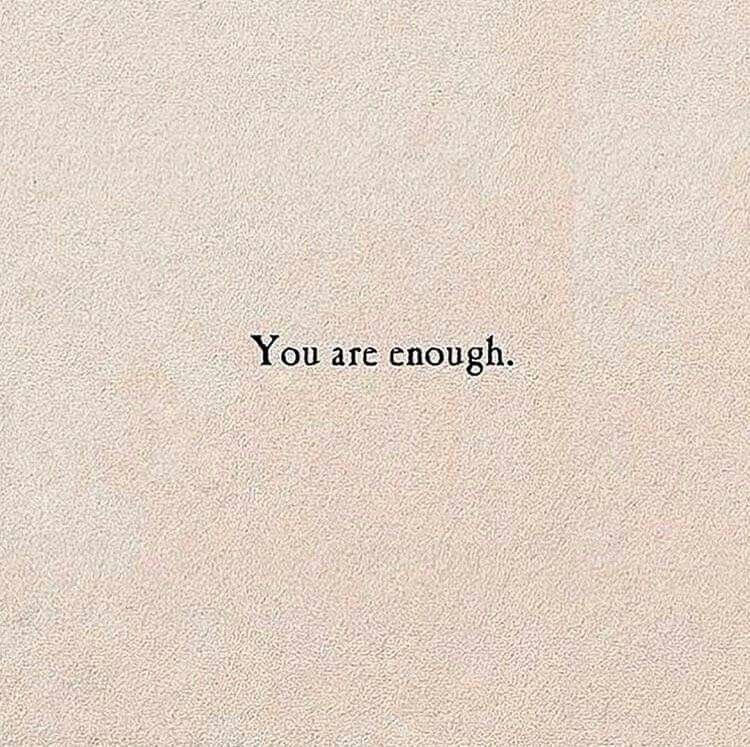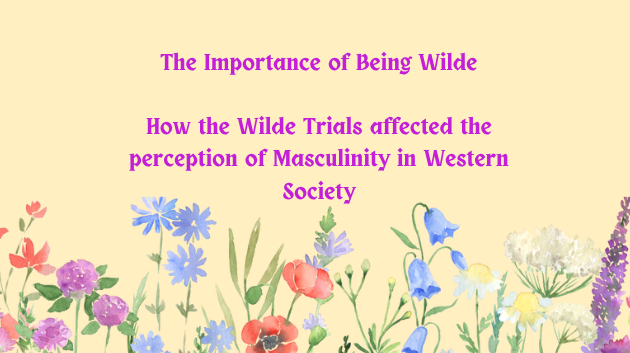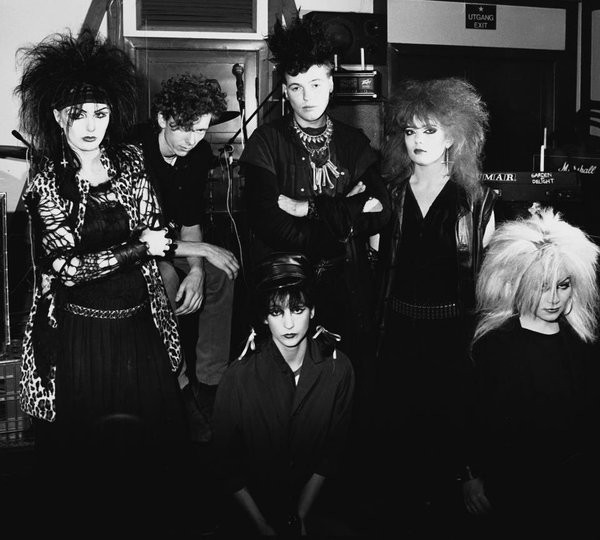Boredom is comparable to a muscle; if it is not used, it gets weak. As the digital world advances, media becomes more available and more entertaining. With technology being so prevalent, you don’t have to be bored if you don’t want to be. There is so much entertainment available at all times, it seems silly to go through the uncomfortable experience of boredom. However, the consequences are creeping up on us by way of an overstimulated and unimaginative younger generation.
In the article Boost your brain with boredom, it discusses how what we experience as boredom is a resting state for your brain. This resting state is also a creative time, because even in a resting state your brain works to solve problems and come up with ideas. For example, “…many people claim to come up with great solutions to problems they are grappling with while in the shower. This is because their mind is free to wander while their body is engaged in a mindless task and captive to the task.” With boredom being so uncomfortable for people that default to entertainment, there is less time for your brain to do these very important things. Without these crucial problem solving skills, we default to procrastination. However, too much boredom can also be a negative.
In 2020, adolescents report a very high rate of boredom – around 90% say they are bored often. From what was previously stated, this seems to be a good thing. More boredom means more room for creativity and problem solving, right? Not always. Boredom is your brain having excess energy that it wants to use. This is good when a person uses it to find something to do or solve a problem, but people often resort to easy entertainment, such as scrolling, reading articles, Youtube or television. This instant gratification does get rid of boredom, but in such a way that your brain does not get the resting time it needs. This makes it more difficult for a person to be bored without the urge to go on a device. And in recent years, this tendency starts at a much younger age. In an article by SWNS Digital, it states that “the average kid gets bored in just 33 minutes and 47% of children quickly become bored with what they’re doing.” While young children are easily distractible, this cannot be completely attributed to that. In the same article, it stated that 80% of children would rather watch tv or go on their Ipad rather than playing with toys. This has significant effects on a child’s mental health and social/emotional development, and many fear the outcome of this in the coming years.
At Helix, the oldest seniors on campus were born in 2005, and the youngest freshmen were born in 2010. The first iPhone was released mid-2007. Most students on campus today have never experienced a world without smartphones.
This has shifted the opinion on this topic, but not in the way you would think. I interviewed students on Helix’s campus to get a clear view of the opinion of the younger generation. With all of the students I’ve interviewed, there are some common themes. Most media consumption is from apps such as TikTok, Instagram, and YouTube, and many acknowledge that this is not ideal. A sophomore says “So most of my information and entertainment comes from instagram and TikTok, which is not good.” Later, he says “It’s unhealthy, for sure, but it’s a lot of work to change my habits.” This is a widely shared sentiment, and it seems that many young people that have put in the effort to change their habits have had to reach a very low point to where they have no other choice.
I also questioned students on who has a healthier relationship with media and entertainment. Surprisingly, every student said that they believe people that were born before smartphones have a healthy relationship with media and the digital world, versus people in our age group. A freshman on campus says, “Yeah, people born before [smartphones]. My niece, she’s 10, and on social media so much. It’s insane.” Another sophomore said “They [older generations] didn’t grow up using them when they were in like first grade. They had the opportunity to learn how to entertain themselves without iPhones”
Finally, I interviewed Ms. Damschen, the psychology teacher. She gives a very concise explanation of the difference between generations, and how that has impacted us. “I remember when I was younger – especially when my parents would go to dinner with other adults or family members, I would get really bored. But, I would listen, I had to learn how to be quiet. I might have something in my hands that I might entertain myself [with]. But I was also learning how they were talking, what they were talking about, and building off of that. And I think it’s ok to be a little bored, and just have to sit sometimes. And I don’t think most young people nowadays have any clue how to do that. It’s something you have to learn.”
A very interesting difference I noted between this interview and that of people my age, was their definition of boredom. The freshmen and sophomores I interviewed saw it as having nothing to do, whereas Ms. Damschen said that she doesn’t find herself bored often, even when she is not doing anything. It seems to me that it is more difficult for a young person to sit and do nothing than it is for someone that grew up doing that.
Boredom is dying. We get our human connection through sending TikToks and parasocial relationships, while genuine social skills are lacking. Social media, while having great consequences, is also an integral part of society. So, I cannot claim the solution is deleting those apps, I can only ask for you to be conscious about your choices.
When you find yourself being bored, think about what you want to do. Maybe that is opening TikTok, but be aware of that choice and consciously make it. Or maybe it is to just sit there, and enjoy existing for a moment. Over time, you might find yourself relying less on the crutch that is your phone.





























